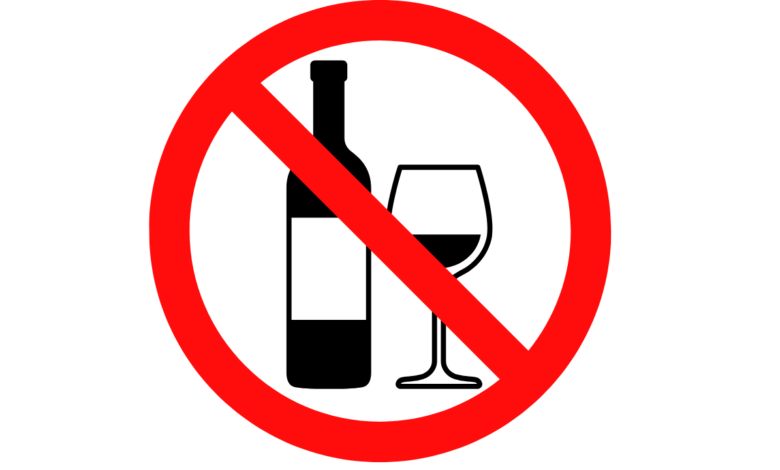Limit Alcohol Consumption: Excessive alcohol intake can worsen PCOS symptoms.

Brief information about it:
Excessive alcohol consumption can worsen PCOS symptoms, including irregular periods, acne, and excess hair growth. Limiting or avoiding alcohol altogether can be beneficial for women with PCOS.
Uses:
· Improved PCOS symptoms: Reducing alcohol intake can help alleviate PCOS symptoms, such as irregular periods, acne, and excess hair growth.
· Weight management: Alcohol is high in calories and can contribute to weight gain, which can worsen PCOS symptoms. Limiting alcohol intake can help with weight management.
· Reduced inflammation: Excessive alcohol consumption can increase inflammation in the body, which can contribute to PCOS. Limiting alcohol intake can help reduce inflammation.
Mechanism of action:
Alcohol can disrupt hormonal balance, leading to increased levels of androgens, which can contribute to PCOS symptoms. Additionally, alcohol can interfere with insulin sensitivity and contribute to weight gain.
Elimination half life:
The elimination half-life of alcohol varies depending on individual factors, such as liver function and body weight. On average, it takes the liver about an hour to metabolize one standard drink.
Route of Administration:
Alcohol is typically consumed orally.
Side effects:
Excessive alcohol consumption can lead to various health problems, including:
- Liver damage
- Heart disease
- Pancreatitis
- Increased risk of certain cancers
- Impaired judgment and coordination
Dose:
The recommended daily limit for alcohol consumption varies depending on individual factors and guidelines. However, for women with PCOS, it’s generally recommended to limit alcohol consumption or avoid it altogether.
Precautions:
· Consult a doctor: If you have PCOS, it’s important to consult with a healthcare professional to determine if limiting alcohol consumption is appropriate for you.
· Pregnancy and breastfeeding: If you are pregnant or breastfeeding, alcohol should be avoided completely.
· Medication interactions: Alcohol can interact with certain medications, so it’s important to inform your doctor about any medications you are taking.





